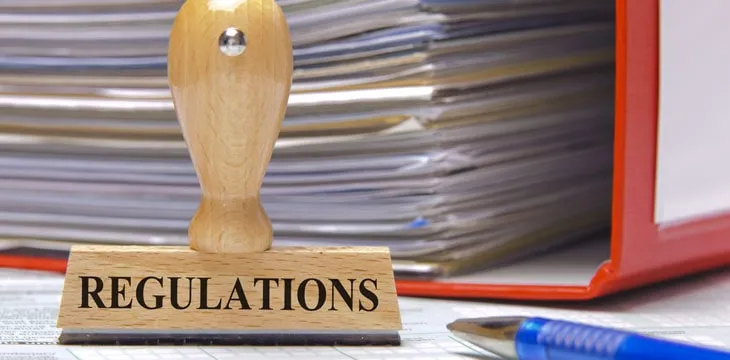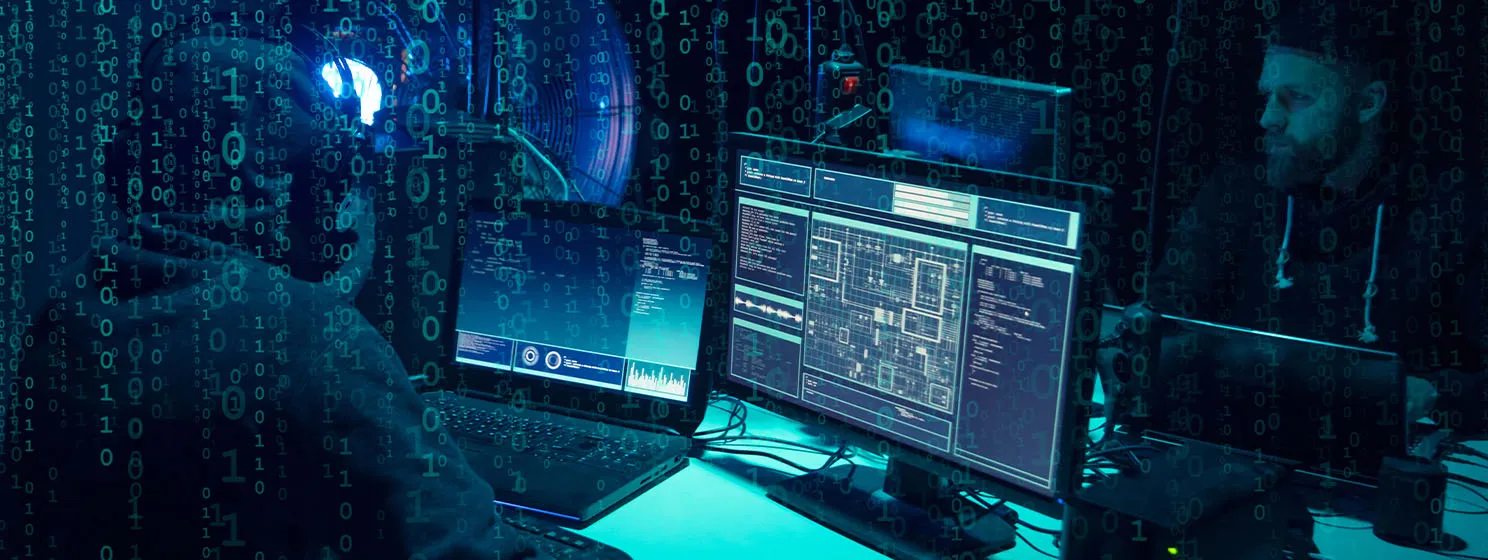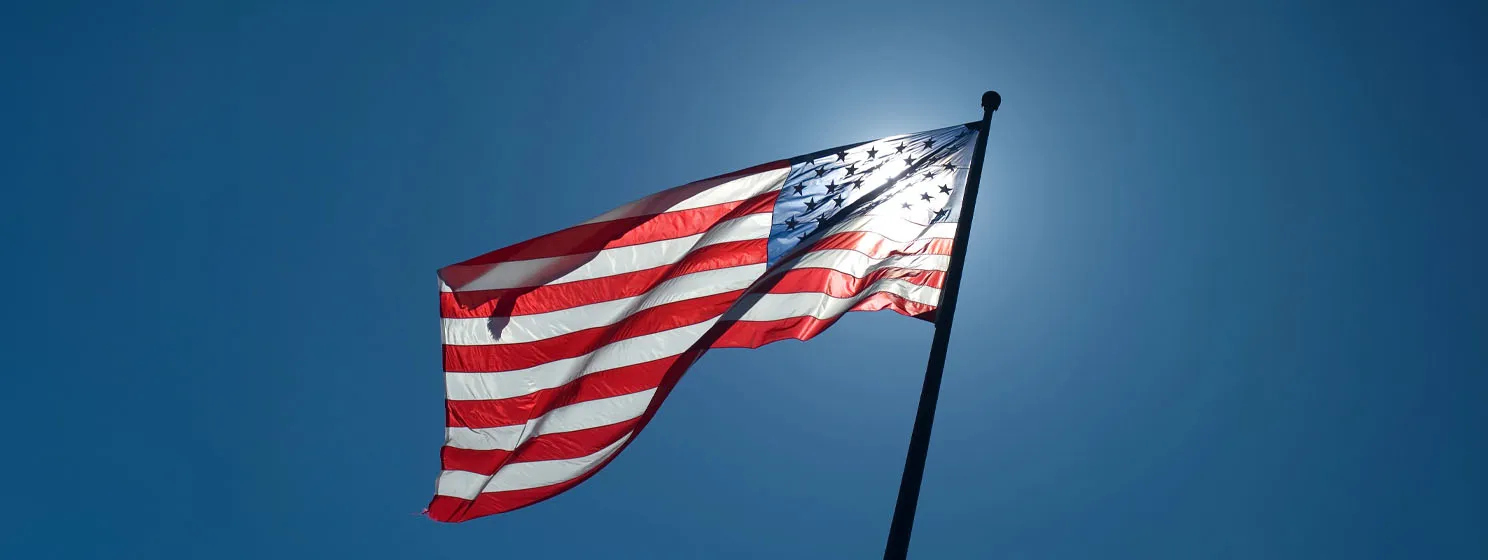|
Getting your Trinity Audio player ready...
|
Leading advocates for blockchain legislation in Congress have brought back the Blockchain Regulatory Certainty Act, in a bid to shore up the rules for blockchain and digital currency firms which do not hold client assets.
The bill aims to provide a safe harbour for firms that don’t hold the assets of their users, in order to prevent them being swept up in legislation that could otherwise see them regulated to the same standards as money service businesses.
The bill has been brought back with some subtle amendments to previous iterations by Rep. Tom Emmer (R-MN) and Rep. Darren Soto (D-FL), after being initially presented at the start of the 2019 session.
Asked about the announcement, Emmer said certain types of blockchain and digital currency sector businesses should not have to register in the same way as money service providers, because they never hold funds on behalf of consumers.
“Certain blockchain developers and service providers, like miners and multisignature service providers, should not have to register as money transmitters because they never custody consumer funds.”
The issue has become all the more pertinent in recent months with the rise on decentralized finance (DeFi), with some members of Congress taking the view that emerging international guidance from the Financial Action Task Force (FATF) could ultimately see many DeFi operators classified in the same way as money services providers—consequently attracting the same high threshold of regulation.
The issue is also relevant to discussions around the tax treatment of digital currency businesses, with new rules making their way through the Senate that would require enhanced reporting requirements, as part of the new bipartisan infrastructure bill.
While initial efforts to carve out exemptions for some digital currency businesses have failed, there are still wranglings to be had from lawmakers who are keen to bring in changes for the benefit of the wider blockchain and digital currency sectors.
The latest steps towards legislation have been supported by blockchain advocate groups, including the Chamber of Digital Commerce, Coin Center and the Blockchain Association.
Earlier this year, Rep. Emmer called on the IRS to provide greater clarity on the tax implications of holding forked assets, i.e. digital assets created as a result of a hard fork on a blockchain. With the IRS officially decreeing that crypto assets be treated in the same way as property assets, questions arise as to whether individuals could be unexpectedly liable to tax as a result of hard forks.
Rep. Emmer said it was incumbent on the IRS to keep up to date with the rapid developments in technology in order to maintain American leadership in innovation.
“Just like every other federal agency, the IRS must keep up with the rapid pace of technology or risk losing American leadership in innovation. Taxpayers suffering from a lack of tax guidance are being unfairly punished for investing in an emerging technology. What has been issued by the IRS so far is not pragmatic and has not supported the technology nor those who engage with it.”
It follows on from a recent interview with U.S. Rep. Bill Foster with Bitcoin Association Founding President Jimmy Nguyen on Blockchain Policy Matters, where he suggested greater legal clarity was required for blockchain, and for interacting with crypto assets.
With blockchain technology continuing to evolve at a rapid pace, the need for specific and tailored legislation that actually fits different segments of the industry will continue to become ever more pressing.
With lawmakers like Rep. Emmer and Bill Foster on the case, it is hoped that Congress will eventually come to an appropriate settled position that encourages, rather than penalizes, innovation.
Watch: U.S. Rep. Bill Foster on Blockchain Policy Matters

 08-31-2025
08-31-2025 





